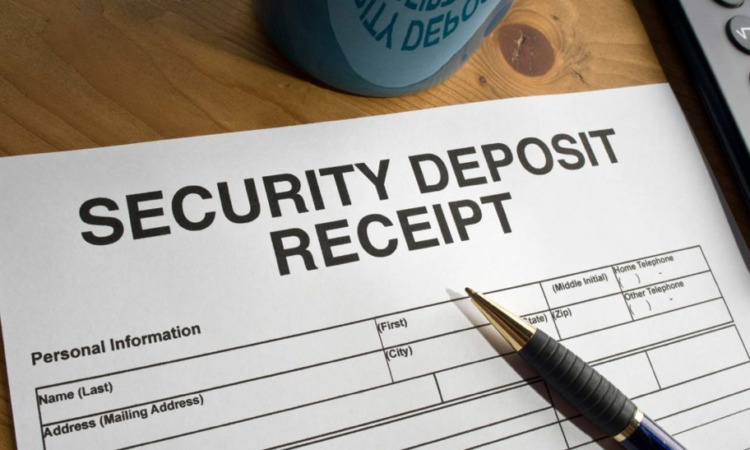Understanding Landlord-Tenant Laws in Washington State: Key Rights, Responsibilities, and Updates

In Washington State, the Residential Landlord-Tenant Act (RLTA) governs the relationship between landlords and tenants, outlining their respective rights and responsibilities. If you are ever looking for a landlord tenant law firm in okanogan call Ken Miller & Associates.
Lease Agreements
Washington law permits both written and oral rental agreements; however, written agreements are advisable to clearly define terms and prevent disputes. Standard provisions in a lease agreement typically include:
Identification of Parties: Names of the landlord and tenant.
Property Details: Address and description of the rental unit.
Lease Term: Duration of the tenancy (e.g., month-to-month or a fixed term).
Rent Details: Amount, due date, and acceptable payment methods.
Security Deposit: Amount and terms regarding its use and return.
Occupancy Limits: Number of occupants allowed.
Subletting Policies: Rules regarding subleasing the property.
It’s important to note that certain provisions cannot be included in a rental agreement, such as waiving rights granted under the RLTA.
WSBA
Security Deposits
Washington does not impose a statutory limit on the amount a landlord can require for a security deposit. However, if a deposit is collected, the landlord must:
Written Agreement: Provide a written rental agreement specifying the terms and conditions under which the deposit may be retained.
Checklist: Supply a written checklist or statement detailing the condition of the premises at the commencement of the tenancy.
Trust Account: Deposit the security funds in a trust account and provide the tenant with a receipt or the name and location of the depository.
Refund Timeline: Return the deposit, minus any lawful deductions, within 21 days after the tenancy ends.
Tenant Rights
Tenants in Washington are entitled to:
Habitable Living Conditions: Residences must meet basic health and safety standards, including functioning plumbing, heating, and electrical systems.
Privacy: Landlords must provide at least 24 hours’ notice before entering the property, except in emergencies.
Freedom from Discrimination: Protection against discrimination based on race, color, religion, national origin, sex, marital status, familial status, sexual orientation, gender identity, veteran or military status, or disability.
Receipt of Written Notice for Rent Increases: For month-to-month tenancies, landlords must provide at least 60 days’ written notice before increasing rent.
Landlord Rights
Landlords in Washington have the right to:
Timely Rent Payments: Expect rent to be paid on time as stipulated in the lease agreement.
Property Maintenance: Require tenants to maintain the property in a clean and sanitary condition.
Eviction for Cause: Initiate eviction proceedings for valid reasons, such as nonpayment of rent or violation of lease terms, following the legal process outlined in the RLTA.
Eviction Process
The eviction process in Washington involves several steps:
Notice: Providing the tenant with a written notice specifying the reason for eviction and the time allowed to remedy the issue or vacate.
Unlawful Detainer Action: If the tenant does not comply, the landlord can file an unlawful detainer lawsuit.
Court Hearing: Both parties present their case in court.
Writ of Restitution: If the court rules in favor of the landlord, it issues a writ authorizing the sheriff to remove the tenant.
It’s illegal for landlords to perform “self-help” evictions, such as changing locks or shutting off utilities.
Recent Legislative Updates
In 2022, Washington passed HB 2064, allowing landlords to offer tenants the option of paying a fee instead of a full security deposit. Landlords must provide written disclosure of the terms when offering this option.
Resources
For more detailed information, refer to the Washington State Residential Landlord-Tenant Act (RCW 59.18) and consult resources such as the Washington State Bar Association and the Tenants Union of Washington State.
Understanding these laws helps both landlords and tenants engage in fair and lawful rental practices in Washington State.








